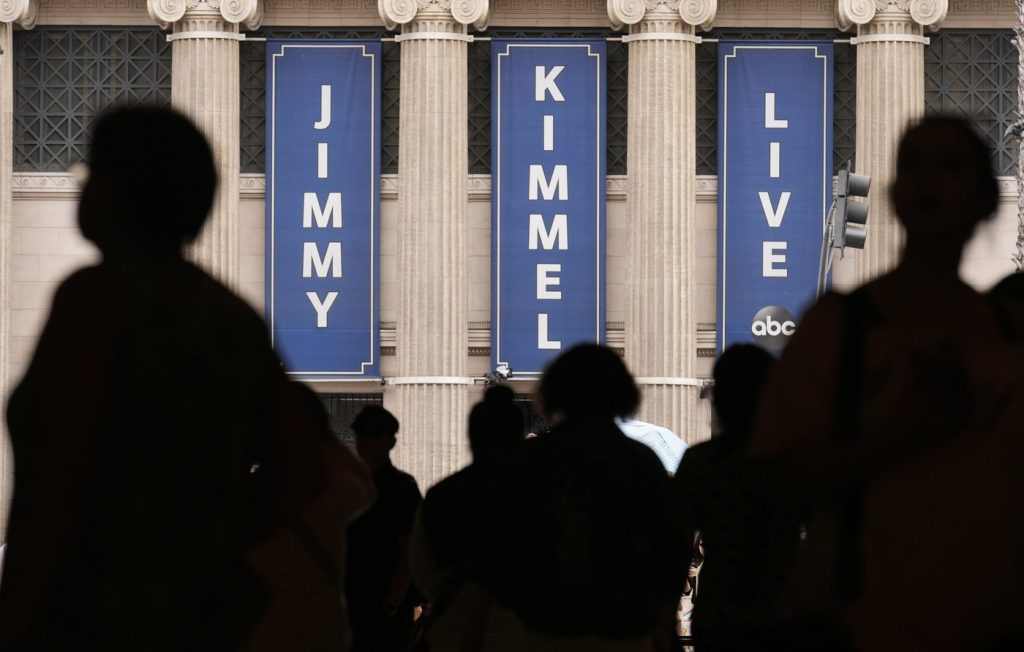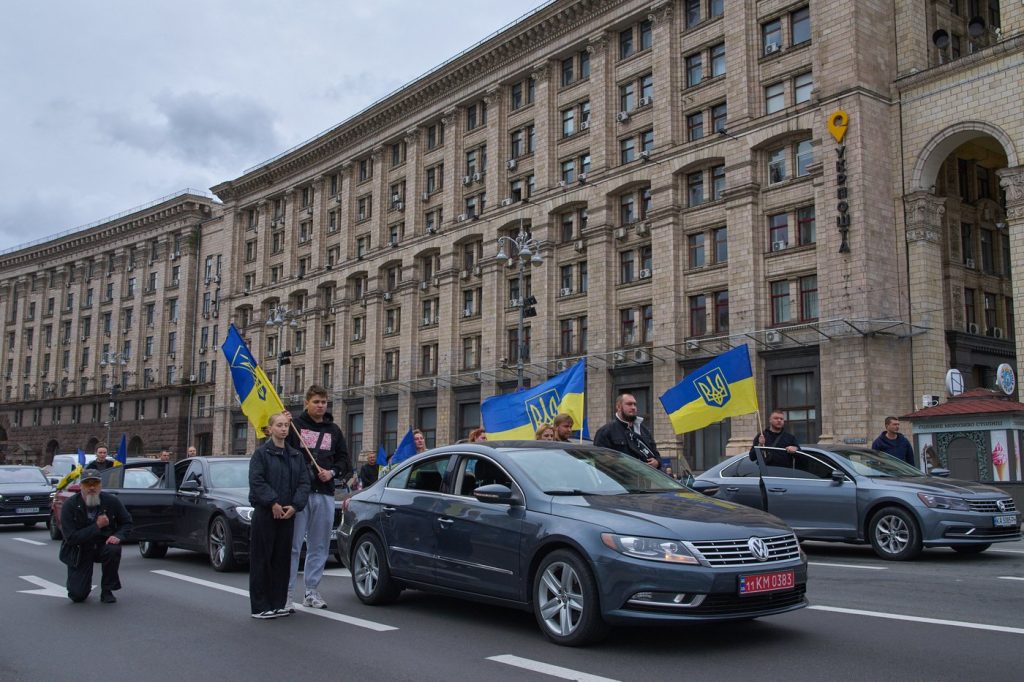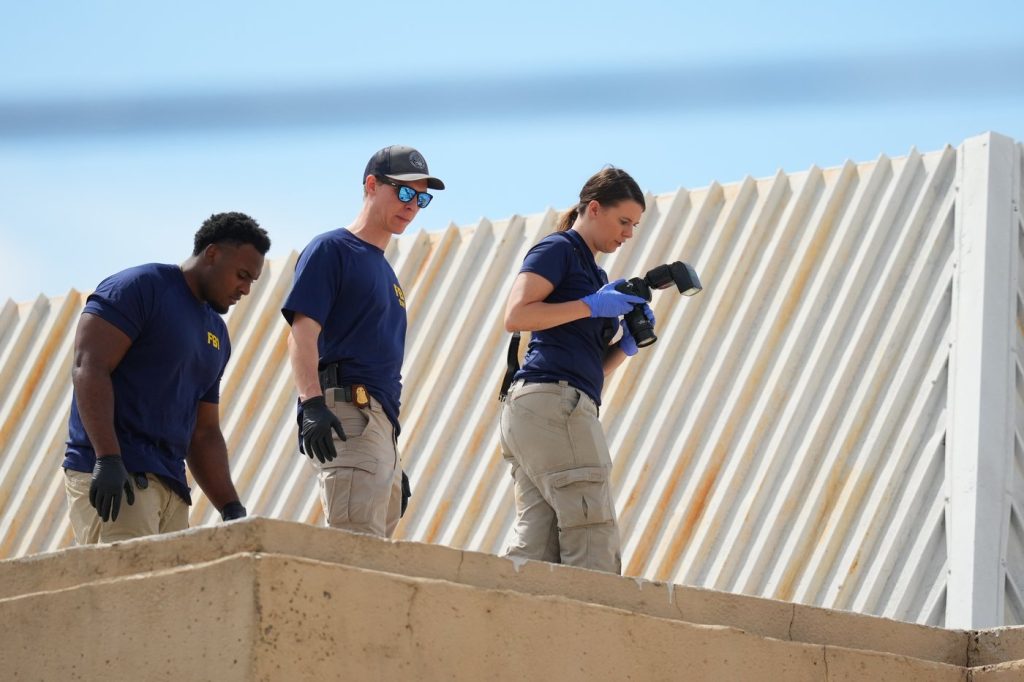Late-night host Jimmy Kimmel has made his return to television screens recently, following a brief suspension that raised eyebrows and sparked discussions around the status of free speech in America. His suspension was perceived by many as yet another instance of government censorship, leading to intensified scrutiny of the challenges facing this fundamental civil liberty.
Even prior to Kimmel's absence from the airwaves, discussions surrounding a governmental crackdown aimed at silencing critics of the president were already prominent. These developments have ignited a significant debate regarding the implications for free speech in the United States, a core value integral to American society. The climate of fear among commentators and media figures points to worries that dissenting voices might be targeted as part of an effort to control public discourse.
In an effort to delve deeper into this pressing issue, host Caryn Ceolin engaged in a conversation with Eugene Volokh, a senior fellow at the Hoover Institution at Stanford University. Volokh provided his insights regarding the potential power of the Trump administration to impose limitations on free speech and expressed concerns over the broader vulnerability of free speech across various platforms.
The dialogue touched on a variety of important topics, including the dynamics of governmental influence on media and public expression. Volokh emphasized the dangers of allowing any administration to have the power to dictate what can and cannot be said in the public sphere. His expertise illuminated how the balance between maintaining order and preserving dissenters' rights could easily tilt toward censorship if not vigilantly monitored.
This discussion is particularly salient in an era where social media and rapid technological advancements have transformed how information is disseminated. Volokh's arguments suggest that the vulnerabilities of free speech are not confined to traditional media but extend into digital spaces that play an increasingly central role in how ideas are shared and debated. He remarked on the chilling effects that threats to free speech can impose on public dialogue and the importance of safeguarding this liberty across all mediums.
As Kimmel resumes his role in late-night television, the atmosphere surrounding his return highlights ongoing concerns about free speech and the potential for governmental overreach. Critics of the administration are left to ponder whether their voices and opinions remain safe in a political environment that seems increasingly hostile to dissent.
Responding to the current socio-political climate, both Kimmel's case and the ensuing discussions underscore the significance of advocating for unhindered discourse. The multifaceted challenges facing free speech in America necessitate continual awareness and action from the public, scholars, and policymakers alike.
Listeners interested in exploring this topic further can subscribe to The Big Story podcast via various platforms, including Apple Podcasts and Spotify.












